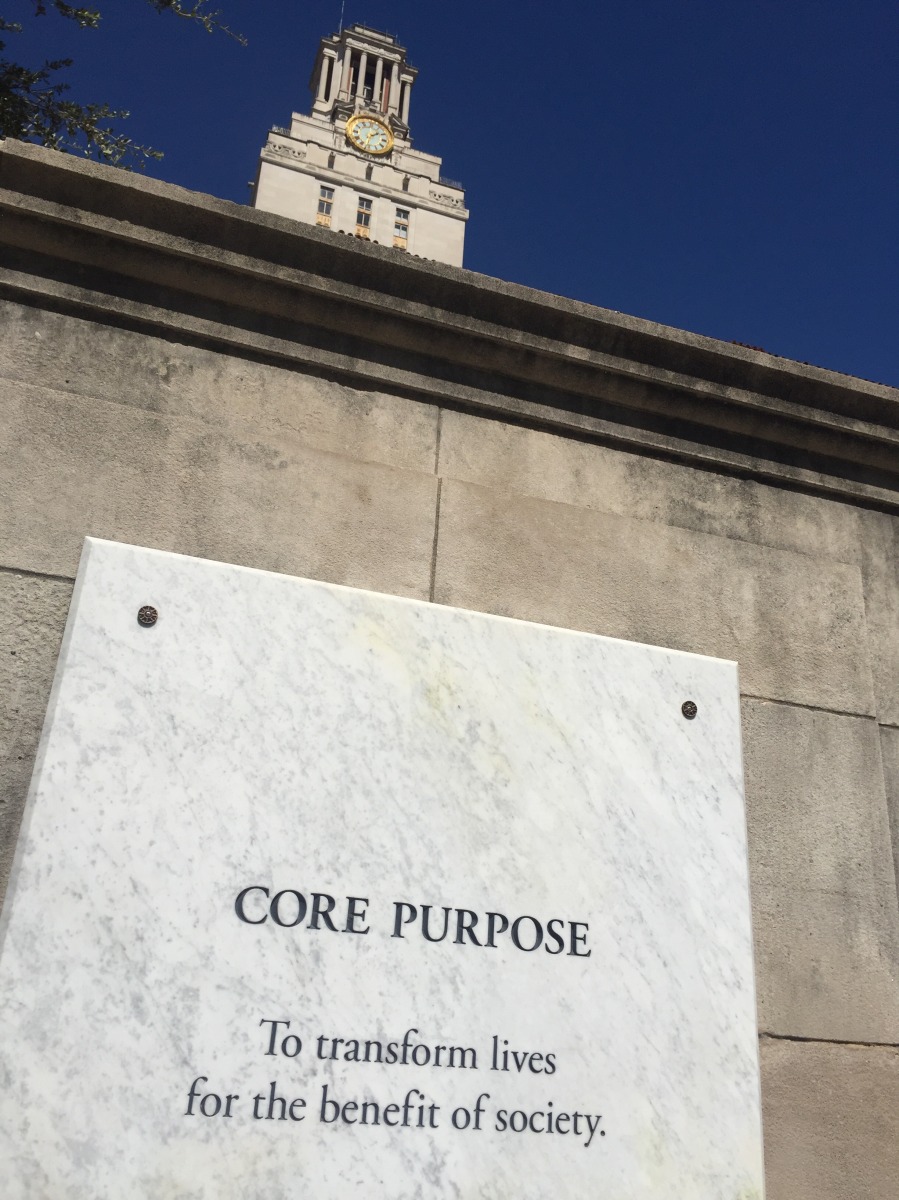 Austin brought me closest to the Tech for Good vision at scale. I had interaction with 3 leaders from the Dell Medical School- Dr Anjum Khurshid, Bill Tierney and Stacey Chang. I also met with US Fellow Chris Liang who is heading the newly constituted non-profit Capital City Innovation.
Austin brought me closest to the Tech for Good vision at scale. I had interaction with 3 leaders from the Dell Medical School- Dr Anjum Khurshid, Bill Tierney and Stacey Chang. I also met with US Fellow Chris Liang who is heading the newly constituted non-profit Capital City Innovation.
The city of Austin passed a legislation to increase property taxes by 63 percent. The money is being raised to address a common good which is the healthcare facility for the city. The city along with academia – which is the Dell School of Medicine in the University of Texas and other Non Profits started with a grand vision of building a new age Healthcare system. The focus will not be building larger hospitals to take care of illness but a focus on ‘population health’ to monitor public health, prevent illness by giving them access to programs which give access to clean air, fresh food, employment opportunities among other things.
The ‘Population Health’ relies on Data from diverse sources and not just the data from hospitals which are traditionally focused on billing for healthcare service provided. The last mile healthcare delivery is being provided with help of local community workers who have deep relationship with the communities and can monitor their health as well as treat certain conditions. This will take the pressure off the clinicians and physicians who can focus on diagnosing and treating challenging cases instead. Community Health workers will be enabled with handheld devices to enter data which feed into Electronic Medical Records. In this new system being built the Data and processes are around the ‘People’. Dell Medical School is changing the curriculum to ensure Physicians, Nurses and pharmacist take common classes where they learn teamwork as they have to collectively treat the patient. This collective intelligence and coordination is critical and a welcome change to the curriculum.
Read More on Technology/Data driven healthcare
The effectiveness of the new healthcare system will measured similar to impact investment. The model is based on ‘Value based healthcare’. Earlier the city lost hundreds of millions of dollars treating people without insurance who would turn-up for smallest of problems to the expensive hospital facilities. Once treated they would go back to the same place without access to good food or employment and fall sick again. The new system is diverting resources to help these people through better insights from the Data, give access to food, employment and prevent unnecessary hospital care expenses.
This is an excellent example of the Social Innovation Architecture- a combination of Intelligence from Data and Ecosystem power play. I will be closely watching the outcome of this social experiment Austin is attempting which will redefine the future of Healthcare.
